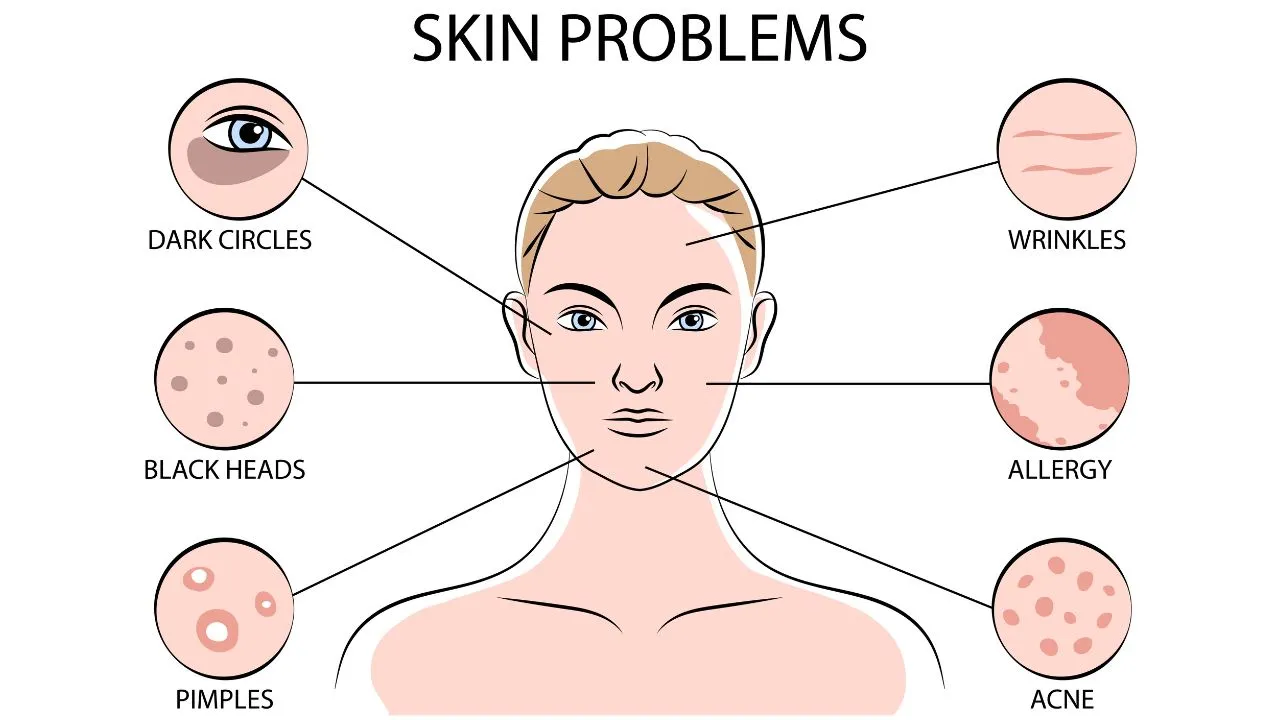Exploring the Role of Skin Doctors in Detecting and Dealing With Diverse Skin Problem With Accuracy
From typical problems like acne and eczema to a lot more intricate problems such as cancer malignancy or uncommon genetic skin conditions, skin specialists are at the center of diagnosing and treating these conditions with accuracy. Past the surface area of skin conditions lie interconnected aspects that influence medical diagnosis and therapy outcomes.
Value of Early Discovery
Early discovery of skin conditions plays an important function in the effective treatment and monitoring by skin specialists. Skin specialists depend on their knowledge to recognize subtle modifications in the skin that might indicate underlying troubles, such as skin cancer cells, eczema, dermatitis, or psoriasis.
Detecting skin cancer cells in its early phases dramatically enhances the diagnosis and raises the likelihood of successful therapy outcomes. Stressing the importance of very early detection highlights the crucial role that dermatologists play in advertising skin health and wellness and wellness.
Advanced Diagnostic Techniques
Using advanced technology and specific experience, dermatologists employ advanced diagnostic strategies to accurately determine and assess numerous skin conditions. One of the primary devices in the skin doctor's diagnostic collection is dermoscopy, a non-invasive technique that enables for the evaluation of skin frameworks not visible to the naked eye. By magnifying the skin, dermoscopy aids in the early discovery of cancer malignancy, basic cell carcinoma, and various other skin cancers. Furthermore, skin doctors might make use of confocal microscopy, a high-resolution imaging method that allows them to visualize skin at a mobile degree without the demand for a biopsy. This innovation is specifically handy in diagnosing inflammatory skin problems and tracking treatment efficiency.
In addition, molecular testing has actually reinvented the medical diagnosis and therapy of skin illness by making it possible for skin doctors to examine hereditary anomalies connected with conditions such as melanoma and genetic dermatoses. With methods like polymerase domino effect (PCR) and next-generation sequencing (NGS), dermatologists can give individualized treatment plans based on a patient's particular hereditary account. These sophisticated analysis devices enhance the accuracy and efficiency of skin-related treatment, ultimately leading to much better results for people.

Tailored Treatment Approaches
With a thorough understanding of skin disease achieved through advanced analysis methods, dermatologists tailor treatment strategies to deal with individual client requires successfully. This tailored strategy is critical in making certain optimal end results for people with diverse skin disease. By considering factors such as skin kind, clinical background, way of living behaviors, and therapy choices, skin doctors can establish treatment strategies that are especially customized to each client.
Tailored therapy strategies might include a combination of treatments such as topical medicines, oral drugs, minimally invasive procedures, or lifestyle alterations. For circumstances, people with acne may profit from a routine that includes topical retinoids, dental prescription antibiotics, and in-office treatments like chemical peels or laser therapy. On the various other hand, individuals with eczema might require a therapy plan concentrated on gentle skincare routines, creams, topical corticosteroids, and recognizing and preventing triggers that aggravate their problem.

Managing Chronic Skin Problem
Skin doctors play an important function in creating long-lasting management approaches for chronic skin problems, ensuring reliable care and improved lifestyle for people - Chromaderm Dermatologist. Taking care of persistent skin problem calls for an extensive strategy that surpasses just dealing with signs. Skin specialists are trained to not only identify these conditions precisely but likewise to create customized treatment plans that resolve the underlying factors and reasons adding to the skin disease's determination
In taking care of chronic skin disease, skin specialists often employ a mix of see here treatment modalities tailored per client's specific needs. This might consist of topical medicines, oral medicines, way of life alterations, and step-by-step interventions such as laser therapy or photo-therapy. Routine follow-up visits are vital to monitor the condition's development, adjust treatment as required, and supply ongoing support and education and learning to patients.
In addition, dermatologists play a pivotal function in empowering individuals to take an active role in managing their skin condition. By enlightening people regarding their problem, his explanation treatment alternatives, and safety nets, dermatologists aid patients make notified choices and grow healthy skin practices that add to lasting skin health and wellness and general health.
Collaborative Care Approaches
In the all natural management of skin disease, collaborative treatment techniques including various healthcare professionals are necessary for optimizing client end results. Dermatologists frequently operate in multidisciplinary groups to supply thorough treatment that deals with the varied needs of patients with skin disease. By collaborating with medical care doctors, specialists, plastic cosmetic surgeons, and various other professionals, skin specialists can guarantee that patients receive incorporated and worked with treatment customized to their details problem.
Collaborative care techniques also encompass patient education and learning and assistance. Dermatologists can work very closely with psychologists, pharmacists, and registered nurses to educate clients about their skin disease, treatment options, and preventive procedures. This interdisciplinary approach encourages people to actively join their care and make educated choices concerning their wellness.
Moreover, collaborative care click for more info enables a more alternative assessment of clients, considering not only the physical signs and symptoms of their skin problem yet additionally the social and mental influence it might have. By considering the broader effects of skin problem, health care experts can develop a lot more customized therapy plans that address the one-of-a-kind demands of each individual. Ultimately, joint treatment approaches play a critical duty in delivering high-quality, patient-centered care for people with varied skin problem.
Verdict
In conclusion, skin specialists play an important function in diagnosing and treating a vast range of skin conditions with accuracy. By handling chronic skin problems and applying joint treatment techniques, dermatologists make certain thorough and efficient care for their individuals.
Skin specialists rely on their experience to acknowledge refined changes in the skin that might suggest underlying issues, such as skin cancer cells, dermatitis, eczema, or psoriasis. By amplifying the skin, dermoscopy aids in the very early discovery of melanoma, basic cell carcinoma, and various other skin cancers.With a detailed understanding of skin conditions accomplished via sophisticated analysis techniques, skin specialists customize therapy methods to address private client requires properly. Dermatologists are trained to not just detect these conditions precisely yet also to produce personalized treatment strategies that resolve the underlying factors and causes adding to the skin condition's perseverance.
In taking care of chronic skin problems, skin doctors typically utilize a mix of treatment techniques customized to each client's particular demands.